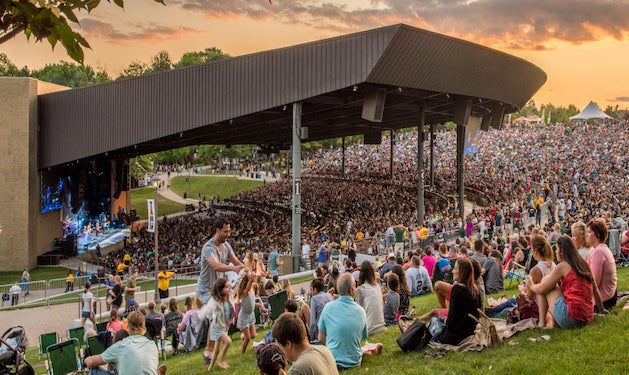"For me, I utilize art as a space of healing and connection. Music is really a space ultimately for people who are trying to connect.” – Myles Santifer, African American studies student at University of California Berkeley and musician
Mashaun D. Simon on NBCNews.com, recently wrote an article, Freedom Songs: Writing The Soundtrack of a Modern Movement, describing the power, impact, and diffusion of music, art, and dance on various forms of protests such as rallies or marches through the lens of its inherent cultural and historical relevancy to the African American community.
The role of music lending power to a movement is nothing new. Historically, black music has provided what Alton Pollard, dean of Howard University's Divinity School, calls resistance modality for society.
"I think back to my own years growing up as a child of the 50s and 60s and how much of the music we think of today as 'the Motown sound' possessed far deeper undertones," he told NBCBLK. "As African people in this society we are an improvisational people and our music has served as a soundtrack to our experiences."
Music has a long tradition of serving as a form, a catalyst, a translation of expression that often exceeds the capacity of traditional spoken word.
From the power of “We Shall Overcome” which grew in volume from southern African American tobacco workers’ voices in the 1920s to Pete Seeger’s variations introduced in the ‘50s, from the role it played to gather the masses on the hills of Bethel, NY in 1969 to the shape it gives perspectives today, music moves movements, both literally and figuratively, “arming” us with a voice that reaches far and wide.
How do you find yourself responding to the proverbial song?
